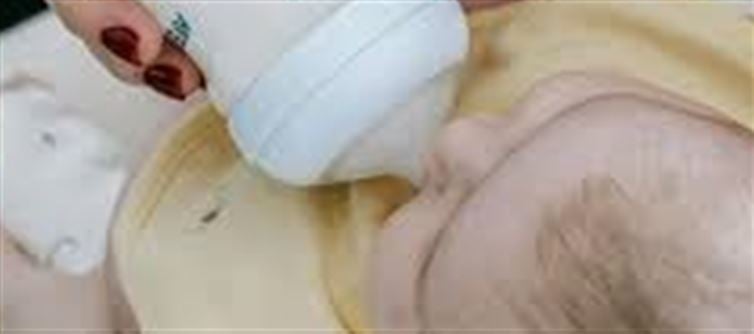
Feeding your baby milk through a bottle at night can be convenient, but certain habits can harm their oral health and sleep. parents often overlook one crucial step that can lead to serious problems. Here’s what you need to know:
1. Never Let the Baby Sleep with a Bottle
One of the biggest mistakes is allowing your baby to fall asleep with a bottle in their mouth. Milk or formula left on teeth can lead to “baby bottle tooth decay,” causing cavities even before permanent teeth appear.
2. Clean the Bottle Properly
Always wash bottles, nipples, and rings thoroughly after every feed. Residue from milk can harbor bacteria, which increases the risk of infections and stomach issues.
3. Hold the Baby Upright While Feeding
Feeding your baby while they are lying flat can cause milk to flow into the middle ear or lungs, leading to ear infections or choking. Keep your baby at a slight incline for safe feeding.
4. Don’t Overfill the Bottle
Overfilling can cause the baby to gulp too quickly, which may lead to gas, discomfort, or spit-up. Give moderate amounts and allow breaks during feeding.
5. Clean the Baby’s Mouth After Feeding
Even if your baby’s teeth haven’t emerged yet, wipe their gums with a soft, damp cloth after nighttime feeds. This prevents bacterial buildup and establishes good oral hygiene habits early.
Extra Tips for Parents:
· Use a Pacifier Wisely: Avoid dipping it in sugary liquids, which can also cause tooth decay.
· Monitor Temperature: Warm the milk to body temperature to avoid stomach discomfort.
· Establish a Nighttime Routine: Feeding should be part of a calm bedtime routine, not prolonged bottle use.
By avoiding the mistake of letting your baby sleep with a bottle and following these tips, you protect their teeth, digestive health, and ensure safer nighttime feeding. Proper care and simple adjustments make night bottle feeding convenient, safe, and healthy for your baby.
Disclaimer:
The views and opinions expressed in this article are those of the author and do not necessarily reflect the official policy or position of any agency, organization, employer, or company. All information provided is for general informational purposes only. While every effort has been made to ensure accuracy, we make no representations or warranties of any kind, express or implied, about the completeness, reliability, or suitability of the information contained herein. Readers are advised to verify facts and seek professional advice where necessary. Any reliance placed on such information is strictly at the reader’s own risk..jpg)




 click and follow Indiaherald WhatsApp channel
click and follow Indiaherald WhatsApp channel